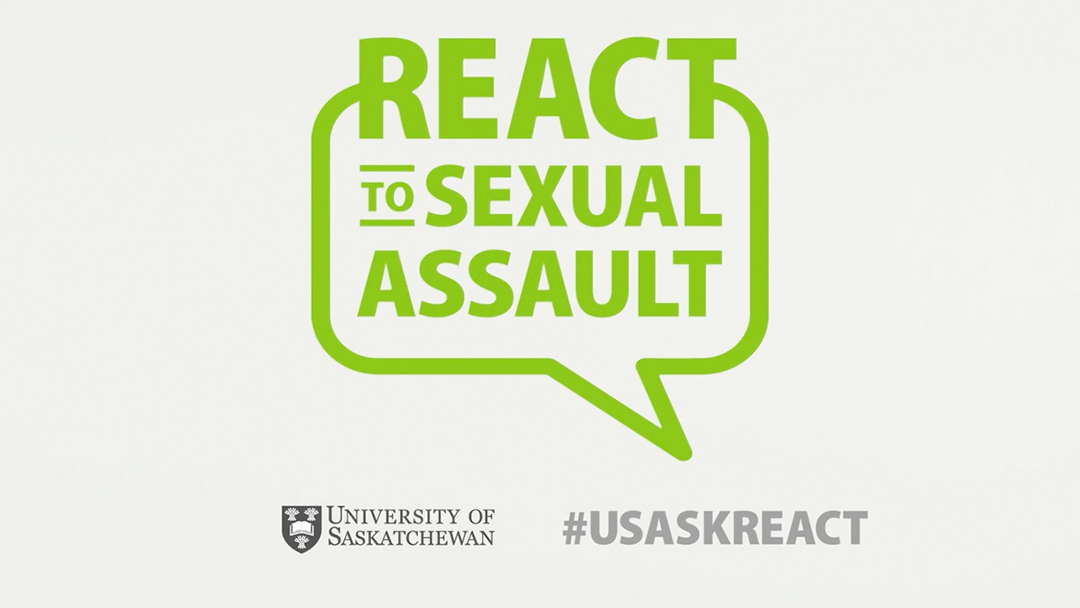
Sexual Assault Awareness Week launches
University of Saskatchewan (U of S) leaders are opening Sexual Assault Awareness Week by publicly recognizing the stand-alone prevention policy and procedure documents, and introducing initiatives aimed at building awareness and educating the university about responding to sexual assault.
By University CommunicationsThese documents reinforce that the U of S does not tolerate sexual assault or misconduct, and highlight the importance of supporting people affected and holding those who commit these acts accountable.
“Our policy and procedure documents encourage students, staff and faculty affected by sexual assault or sexual misconduct to tell someone about what happened to them and to seek support,” said Patti McDougall, vice-provost teaching and learning. “If they choose to tell someone at the U of S, we will do everything we can to support them.”
McDougall said the documents were developed with extensive collaboration. Around this time last year McDougall and Cheryl Carver, associate vice-president human resources, released a draft version of the policy and began gathering feedback before making revisions.
“This is an extremely important priority for the university, building on our goal of providing a safe environment for the entire campus community,” said Carver. “We have made significant progress in ensuring that in the event of sexual assault or sexual misconduct, students, faculty and staff know how to respond.”
The policy was approved by the Board of Governors and went into effect in December 2015. The companion procedures outlining the university’s response protocol went through wide consultation and implementation practice before being posted in the spring of 2016. The posting of these two documents represents the completion of the first phase of activity.
McDougall acknowledged that policy and procedure documents are formal and detailed which, for some, may be daunting to read because of the length and language used. With that in mind, she tasked members of her team to find a variety of ways to ensure that the key information is readily accessible to the university community.
An awareness campaign, a website, and a safety app (called USAFE, available for iOS and Android) are all available as resources that contribute to the university’s goal to develop education, awareness and training moving forward. An interactive online learning tool will be finalized in the next few weeks.
“Our awareness campaign—React to Sexual Assault—highlights key points of what we believe is at the core of making change in sexual assault: we all have a part to play in the elimination of sexual assaults in our community and to come for help if you’ve been affected by sexual assault,” said McDougall.
The campaign and policy encourage students, faculty and staff to speak up against sexual assault, to find ways to be part of the solution and to support people affected by sexual assault.
McDougall said that in the year ahead, activity will focus on tracking the effectiveness of newly released tools, beginning development of a bystander training program, and finding find new ways to educate students, staff and faculty on such critical topics as the necessity of consent.

